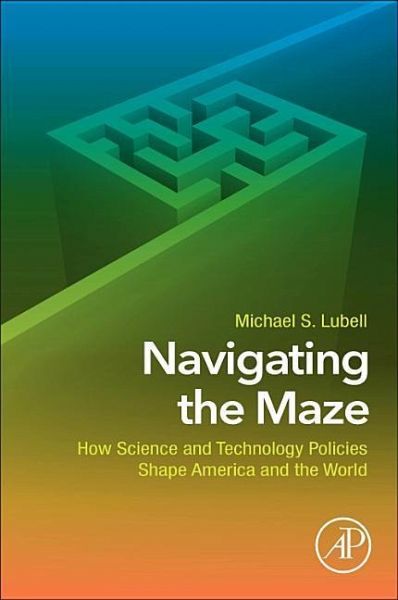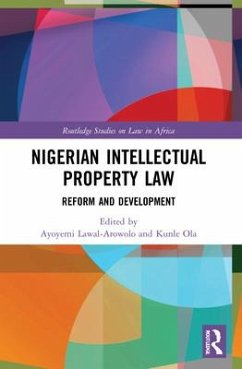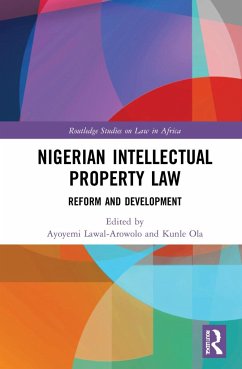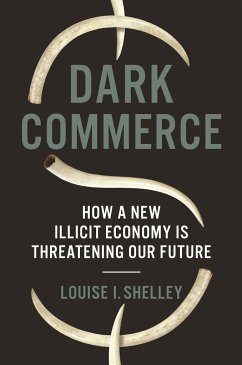
Navigating the Maze
How Science and Technology Policies Shape America and the World

PAYBACK Punkte
29 °P sammeln!
Navigating the Maze: How Science and Technology Policies Shape America and the World offers a captivating deep dive into the inner workings of the world of public policy. Written by prominent science advocate and renowned physics researcher and educator, Michael S. Lubell, this valuable book provides insights and real-world examples for anyone looking to understand how policy works in reality: for students, scientists, and the public. Well-organized and featuring a compelling historical narrative, this unique resource will enable researchers, educators, elected officials, industrialists, finan...
Navigating the Maze: How Science and Technology Policies Shape America and the World offers a captivating deep dive into the inner workings of the world of public policy. Written by prominent science advocate and renowned physics researcher and educator, Michael S. Lubell, this valuable book provides insights and real-world examples for anyone looking to understand how policy works in reality: for students, scientists, and the public. Well-organized and featuring a compelling historical narrative, this unique resource will enable researchers, educators, elected officials, industrialists, financial managers, science lobbyists, and readers in general to easily navigate the complex world of science and technology (S&T) policy.
As science communication and STEM policy occupy rapidly growing areas of interest and provide important career paths, this book provides invaluable insights into the public policy arena, as well as lessons for effective science advocacy.
As science communication and STEM policy occupy rapidly growing areas of interest and provide important career paths, this book provides invaluable insights into the public policy arena, as well as lessons for effective science advocacy.













